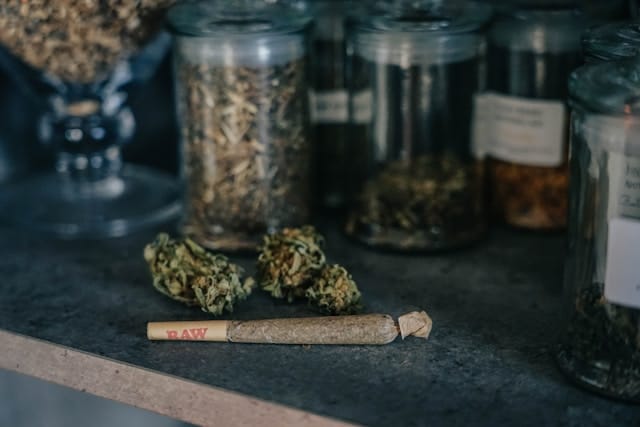The Los Choneros leader was extradited to the US after capture; he faces major drug and weapons charges.
Jose Adolfo Macias Villamar, the notorious Ecuadorean gang boss known as “Fito,” is set to face a US federal judge on Monday, where he plans to plead not guilty to sweeping international drug and weapons trafficking charges.
Macias, leader of the feared Los Choneros gang, was removed from an Ecuadorean prison early Sunday and transferred into US custody, according to his lawyer, Alexei Schacht. Neither the US nor Ecuadorean governments have officially confirmed his extradition, but flight data shows a US government plane departing from Guayaquil shortly after 2 p.m. local time.
“Mr. Macias and I will appear tomorrow before the Brooklyn federal court … where he will plead not guilty,” Schacht told Reuters, adding that his client’s prison placement in the United States had yet to be determined.
Macias’ journey to a US courtroom marks the latest chapter in a turbulent criminal career. Once serving a 34-year sentence in Ecuador for multiple serious offences, he escaped custody last year in a high-profile breakout that triggered nationwide chaos. His freedom was short-lived — he was recaptured just last month in an operation that government officials hailed as a victory in their battle against gang violence.
Embed from Getty ImagesThe US Department of Justice alleges that, under Macias’ command, Los Choneros carried out violent attacks against police, politicians, prosecutors, lawyers and civilians. The gang, which wields substantial influence over Ecuador’s overcrowded and corruption-riddled prisons, has been linked to the country’s escalating drug wars.
Ecuador’s government has described Los Choneros as a major driver of instability, with its influence extending beyond prison walls into cities, ports and coastal smuggling routes. Authorities say the group plays a central role in transporting cocaine from neighbouring Colombia to global markets, using Ecuador as a key transit hub.
President Daniel Noboa has made tackling gang violence a central pledge of his administration. Earlier this year, Ecuadorians voted in favour of allowing the extradition of citizens, a move aimed at breaking the power of organised crime networks. Noboa has declared a state of emergency in response to surging violence and vowed to dismantle the criminal empires that have embedded themselves in the nation’s political and economic systems.
Macias’ extradition comes as Ecuador faces a wave of violent crime unprecedented in its recent history. In the past two years, political assassinations, gang-led prison massacres and attacks on security forces have gripped the nation. The murder of a presidential candidate and a string of bombings have underscored the scale of the crisis.
International observers warn that Ecuador’s location and infrastructure have made it an increasingly attractive hub for drug trafficking networks. Its ports, particularly in Guayaquil, have become critical departure points for cocaine shipments hidden in cargo containers bound for Europe and North America.
Macias’ capture was seen by Ecuadorian officials as a symbolic strike against the culture of impunity long associated with the country’s most powerful gangs. Yet, analysts caution that removing one leader will not dismantle the broader criminal networks — many of which operate with decentralised leadership and deep community ties.
In the United States, Macias’ trial is expected to draw intense attention from both sides of the border. If convicted, he could face decades more behind bars, potentially in a high-security federal facility far from the reach of his network. For now, his plea of not guilty sets the stage for what could be a long and high-profile legal battle
